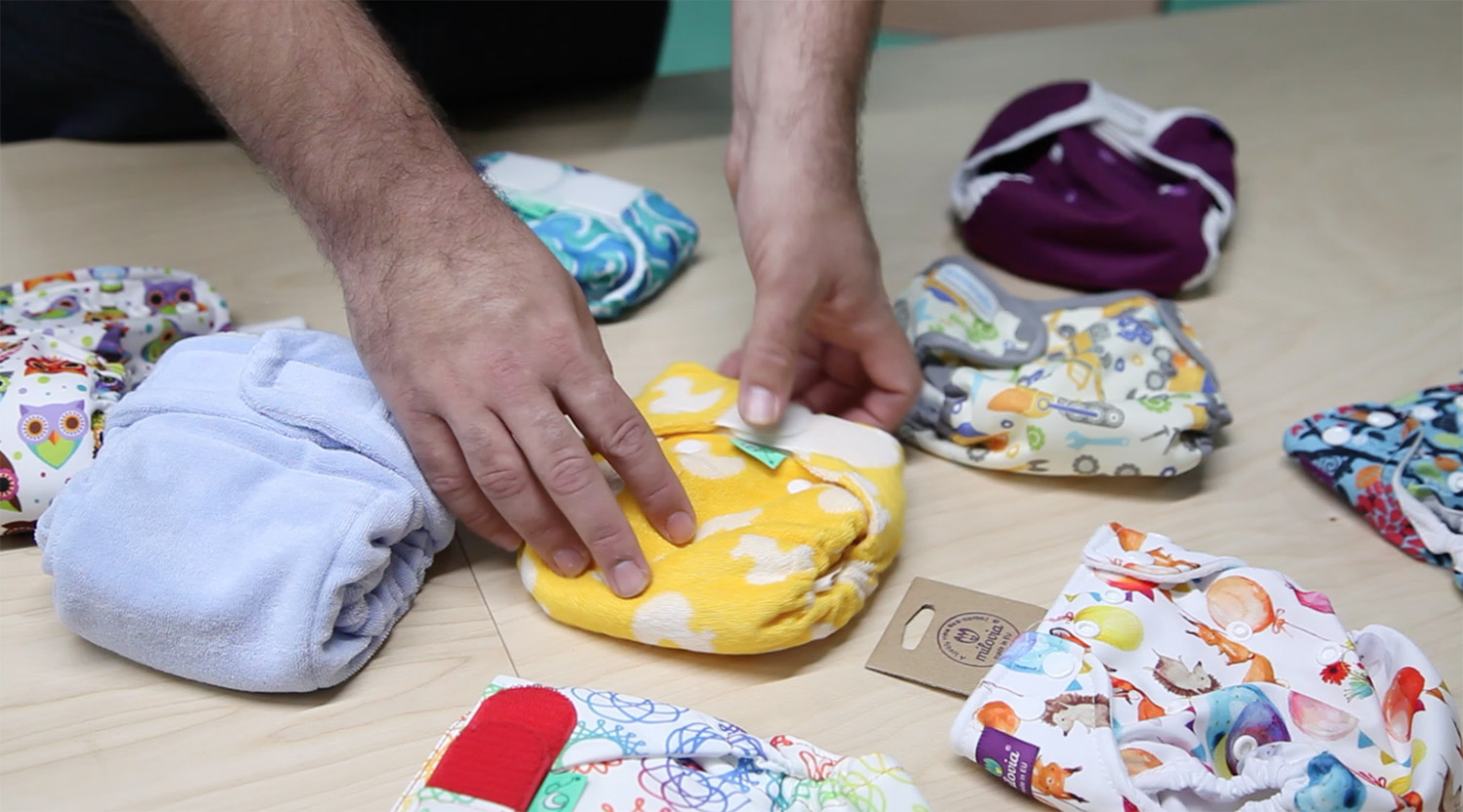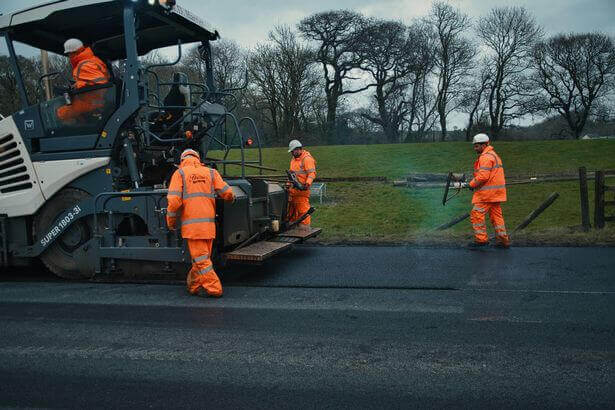
- Sustainable Planet -
- 5mins -
- 300 views
Diaper Drive: this Welsh highway is paved with recycled nappies
Several countries have experimented with roads made with plastic garbage, but a 1.4 mile stretch of the A487 between Cardigan and Aberystwyth now constitutes more than 107,000 recycled disposable diapers.
Welsh road has been re-surfaced using dirty diapers
A stretch of road in Wales has been resurfaced using soiled diapers (or “nappies” in the UK) as part of a new nationwide sustainability initiative. The 1.4-mile stretch of the A487 between Cardigan and Aberystwyth opened to traffic this week with a new surface constituting more than 107,000 used nappies. The initiative is supported by the Welsh Government and could provide a useful purpose for the billions of dirty nappies disposed of in the UK each year. — WalesOnline

“nappy-enhanced” asphalt more durable than standard asphalt but with reduced carbon footprint
The new initiative is run between baby care business Pura and nappy recycling experts NappiCycle, according to a report last week by WalesOnline.
Each year, 3 billion nappies are disposed of in the UK, with 400,000 tonnes of nappy waste in landfill annually. These used nappies can take up to 500 years to break down.
For the road resurfacing project, a total of 4.3 tonnes of recovered fibre from the nappies was added to the bitumen that glues together asphalt road surfaces. The “nappy-enhanced” asphalt is even more durable than standard asphalt, but with a reduced carbon footprint.
The recovered cellulose can be re-purposed not just for road surfacing, but for notice boards for schools and offices, panelling, under laminate flooring and other insulation. The service is currently only available to parents in Wales, where it is funded by local authorities.
Source: WalesOnline
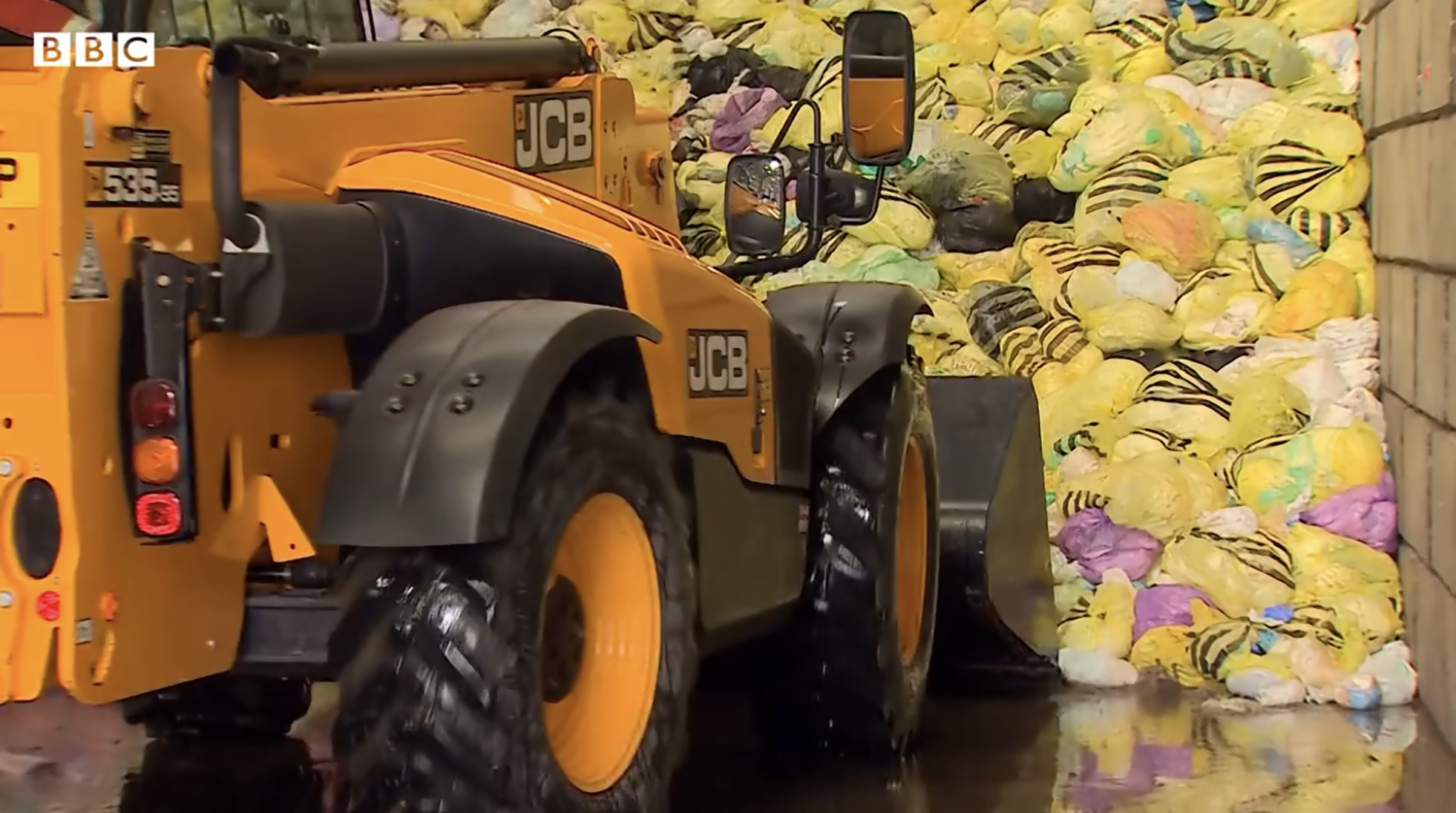
scheme prevents over 800,000 nappies from being sent to Welsh landfill per week
Baby care brand Pura teamed up with NappiCycle in 2020. Founder Guy Fennell wanted a more circular solution for wipes and nappy waste. Since forming the partnership, Guy has frequently addressed politicians about the environmental problems posed by nappy waste, earning him the mantle “The Nappy Guy”.
The scheme already prevents more than 800,000 nappies from being sent to landfill in Wales every single week. Guy’s mission is to bring nappy recycling to the entire UK, starting with a nappy recycling trial in Bristol which is set to launch in the coming months.
Commenting on the initiative, Guy said: “Despite extensive research, the technology for the perfect eco-friendly disposable nappy unfortunately doesn’t exist yet.
"As we seek that solution, we are determined to drive change and minimise the damage nappies are having on the planet. That’s why it was crucial that we partner with NappiCycle and make nappy recycling a reality for all UK parents.”
Source: WalesOnline

Nappy recycling in Wales
Nappy recycling is currently a local authority offered service available only in Wales where waste collection is considered to be more advanced than many other places across the UK.
Through South Wales based NappiCycle, the nappies are cleansed, and plastics and cellulose fibres separated for re-use.
100% of the soiled nappies arriving at the plant are processed, so absolutely nothing is sent to landfill. The urine extracted from the nappies is even reutilised!
The recovered cellulose can be repurposed not just for road surfacing, but for notice boards for schools and offices, panelling, under laminate flooring and other insulation.
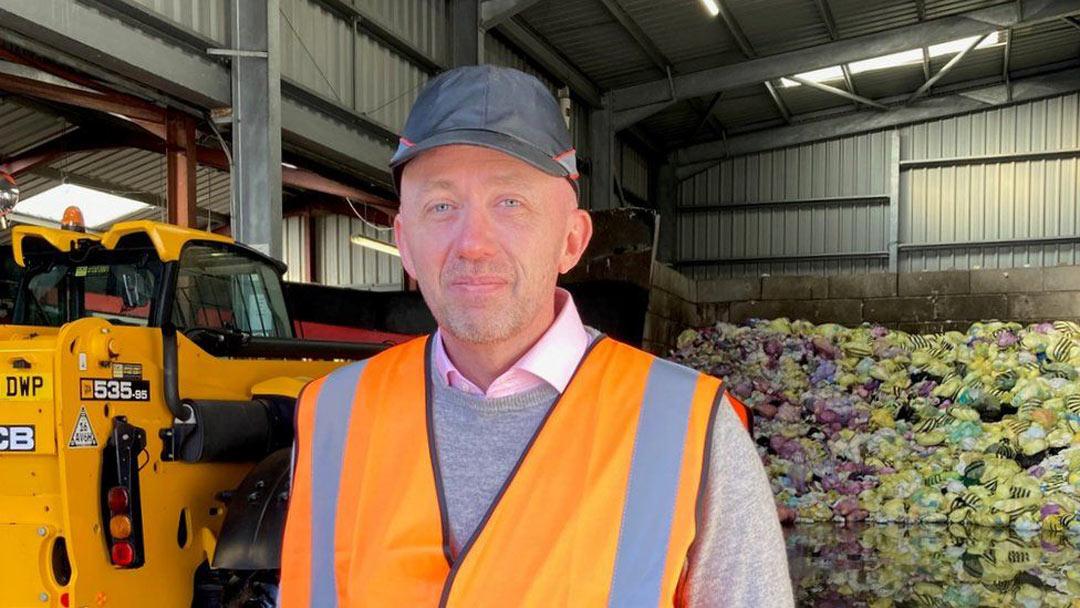
“So we can produce a low carbon fibre with some better elements to it, to give a stronger, better road.” Source: nappicycle.co.uk
Cloth diapers also have environmental costs
Cloth diapers have environmental costs, too. Making them and washing them consumes energy and water. A report by Britain’s Environment Agency regulator in 2008 found that environmental impacts of using cloth nappies could be higher or lower than using disposables, depending on how they are laundered.
Efficient washers have shifted the equation in favor of cloth. But diaper highways could change some people’s thinking once again.
Several countries have experimented with roads made with plastic garbage. India led the way — glue made from shredded plastic waste has been holding together a street in Chennai since 2002, and since 2015 the Indian government has required road construction in populous urban areas to incorporate plastic waste.
The Netherlands, a country of keen cyclists, opened the world’s first bicycle path made with recycled plastic.
And California used discarded plastic bottles and other packaging to repave a three-lane stretch of highway. But Wales believes its road is the first made from diapers.
Source: WashingtonPost
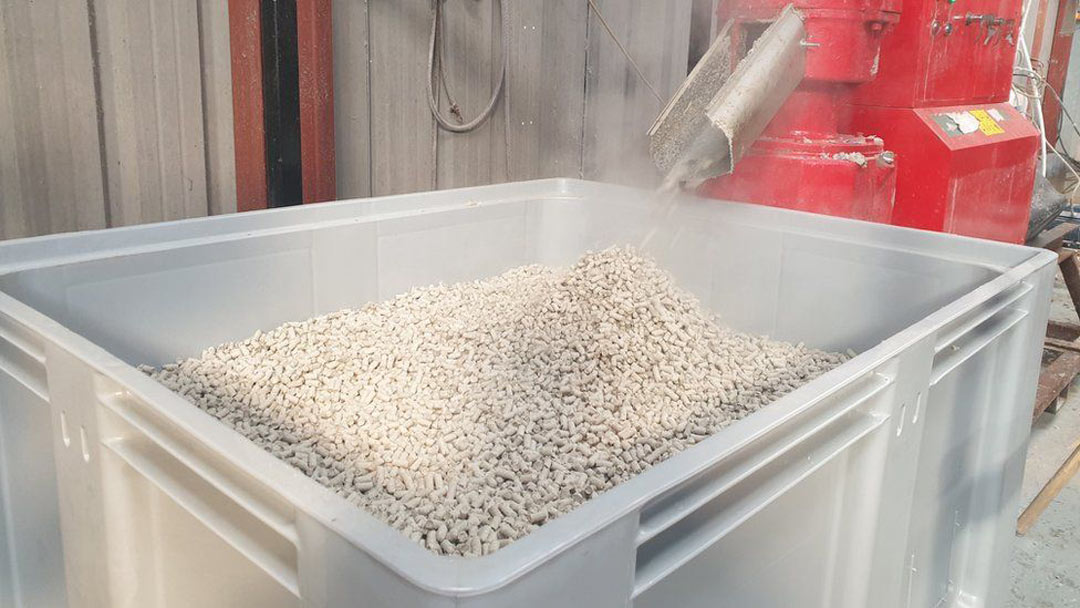

DIAPERS 2.0 at the buttock boutique
Washable diapers used to be the standard, but with convenient disposable diapers, those dirty cotton rags disappeared quickly.But nowadays, washable diapers are a lot easier, cleaner and prettier than they used to be. But above all; they’re a LOT more sustainable than disposable diapers. De Billenboetiek, the "buttock boutique" is helping the washable diaper make its comeback. Click for more.
